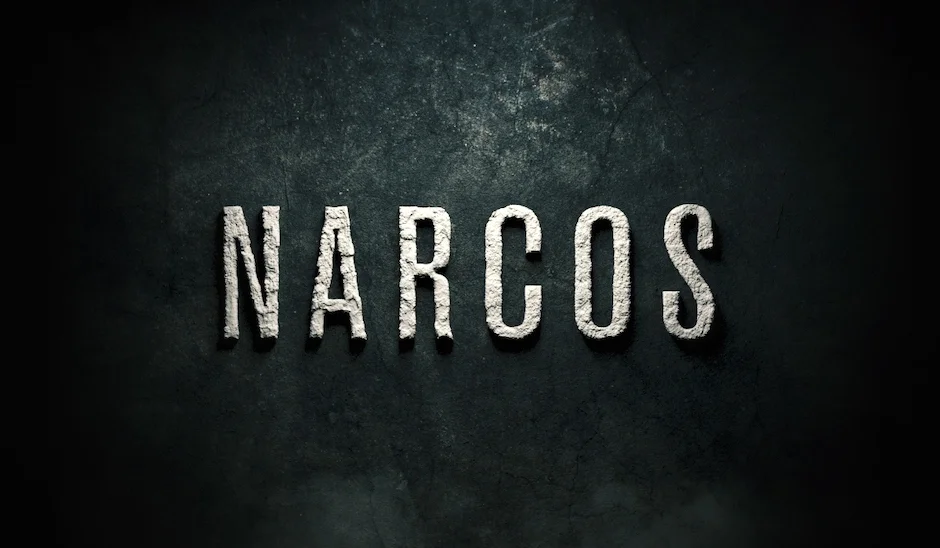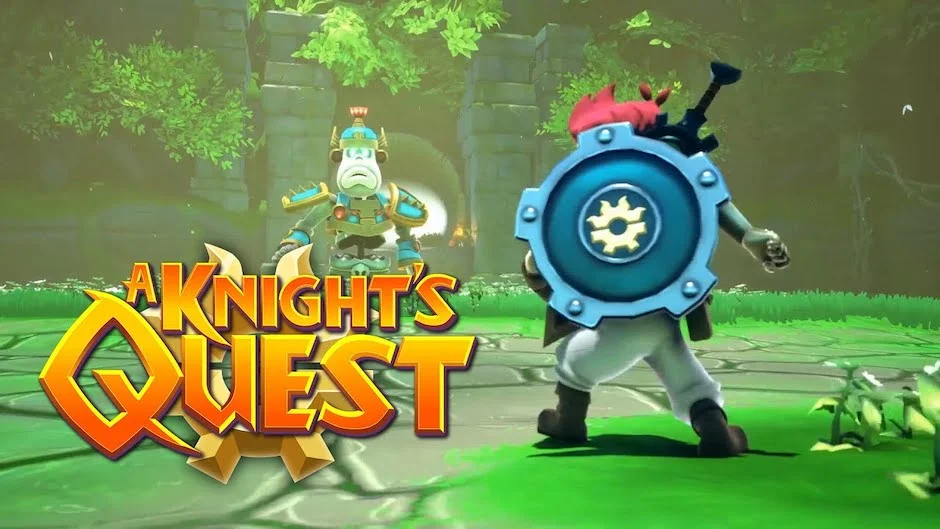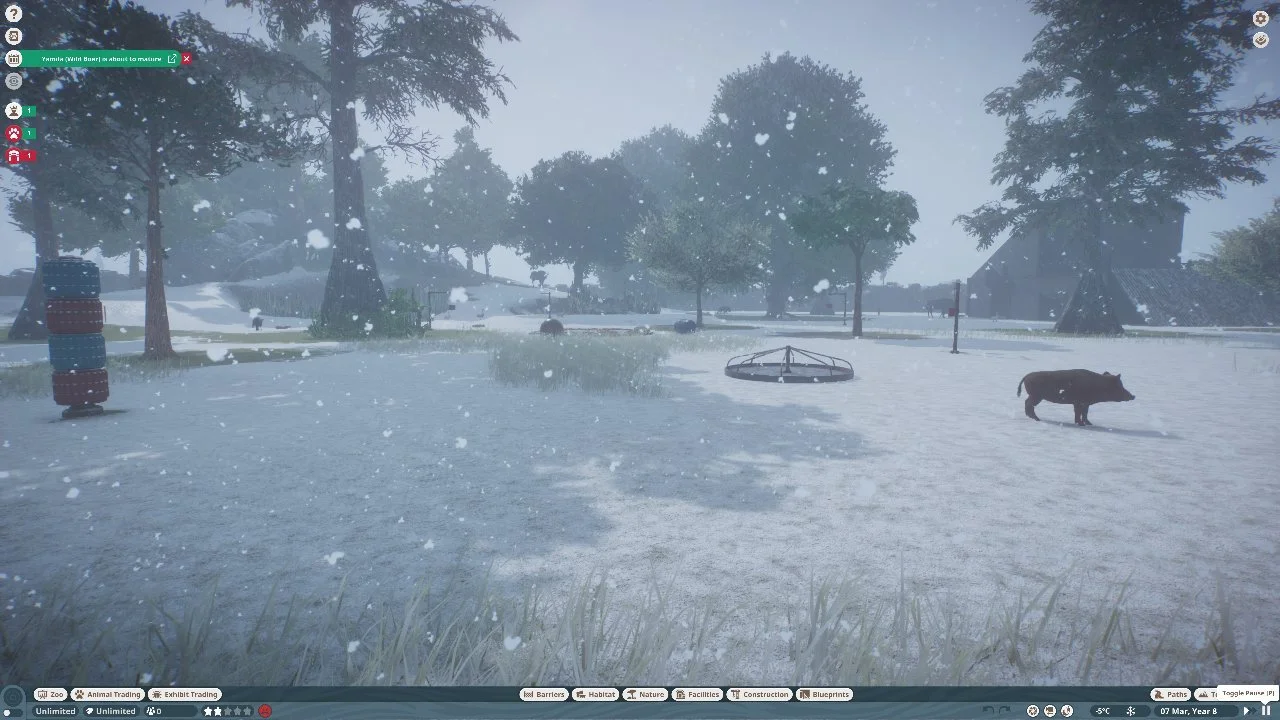Xbox One code provided by Curve Digital
The Netflix television show Narcos chronicles conflict between the drug cartels of the Colombian cocaine trade and the law enforcement agencies working to dismantle the illegal operations. Both sides of the war are woven into the narrative, and the rise of the cartels in Colombia was a violent, bloody era in the country’s history. The Netflix original series is a gritty portrayal of Pablo Escobar, the other powerful figures in the drug trade, as well as the determined DEA agents and Colombian nationals who fought side-by-side to take down the pervasive cocaine empire.
Narcos: Rise of the Cartels parallels the narrative design of the television show; gamers can play as both the DEA and the cartels—though the first few missions are exclusively for the DEA.
STORY
Welcome to Colombia, 1980’s—the fires of El Patrón's empire have been lit, its influence spanning borders, and expansion unabated. Influence and corruption is rife; cops, guards, politicians and those in between are falling into the pocket of the Medellín Cartel, and after years of production, America is finally taking notice. Experience the story of the hit Netflix series—the rise and fall of Pablo Escobar.
There’s just one question left: silver or lead?
Unfortunately, the answer is lead. And only lead. Whereas the Netflix show depicted the nuances of the police work involved with investigating the cartels, the video game just introduces violence. Police work is shooting to kill and taking down sicarios or other members of Pablo Escobar’s empire. That’s a shame because Narcos acknowledges the tactics used during the drug war, but it doesn’t glorify them. It’s hard to say that Narcos: Rise of the Cartels delivers the same balance.
GAMEPLAY
Narcos: Rise of the Cartels utilizes an XCOM-like turn-bases strategy system where players select a mission and choose a side. Ally with the DEA or join the Narcos. Locations from the show feature in the game and the same events in the war on drugs transpire in the game. Players form a team of five characters, with combat roles, and manage the combatants in the tense firefights that occur in the streets and countryside of Colombia. As you progress through the game, team members will increase in level and learn new skills that will influence play.
Turn-based strategy is based on one turn per side, so players do not coordinate team movements all at once. A character moves and/or acts, and then the opposing side does the same.
But the turn-based combat and completion of missions never feel strategic. You can only move one of five team members at a time. That limitation prevents larger tactical maneuvers and coordination. Enemy units can move so freely and shoot with accuracy at distance, so units are frequently isolated from the cluster pack of reinforcements. An attempt at introducing third-person control during missions and other combat elements impair an already flawed system.
And the frustrating combat system is exacerbated when bugs interfere with gameplay. Multiple times, I experienced a black screen with the game’s audio continuing in the background. No amount of waiting or button-manipulation solved the problem, and it required a full reboot of the game. The glitch occurred on a main mission, and I couldn’t progress any further.
Overall, it was a disappointing gameplay experience that didn’t learn anything from the excellent mechanics of the XCOM and cheapened the narrative of Narcos.
VISUALS
The visuals alternate between top-down views of Colombia and the third-person perspective of the fight on the ground.
Narcos: Rise of the Cartels is unremarkable in its animation, but for a turn-based strategy game it doesn’t look terrible. Other games have looked worse, and it effectively portrays the war-torn world of ‘80s Colombia.
REPLAYABILITY
With the option to play both as the DEA and the Narcos, there is some replay built into the game, but the poor gameplay mechanics deter from any interest in reentering the narrative.
WHAT IT COULD HAVE DONE BETTER
There is a lot to be improved upon. The turn-based system needs restructuring to allow movement for all units. That would dramatically heighten the tactical freedom in the game. Narrative choices have removed much of the complexity from the original story, but that may be difficult to change in a game that is designed around strategic warfare. Narcos: Rise of the Cartels would need to be a different game entirely before you could revise the narrative to better reflect the history of the drug war in Colombia.
VERDICT
Game-crashing bugs and a poorly-designed combat system severely cripple the gameplay in Narcos: Rise of the Cartels. Too much fails here to justify the purchase. If you’re looking for a compelling look at the world of Pablo Escobar and the cartels in Colombia, just watch the Netflix show.























